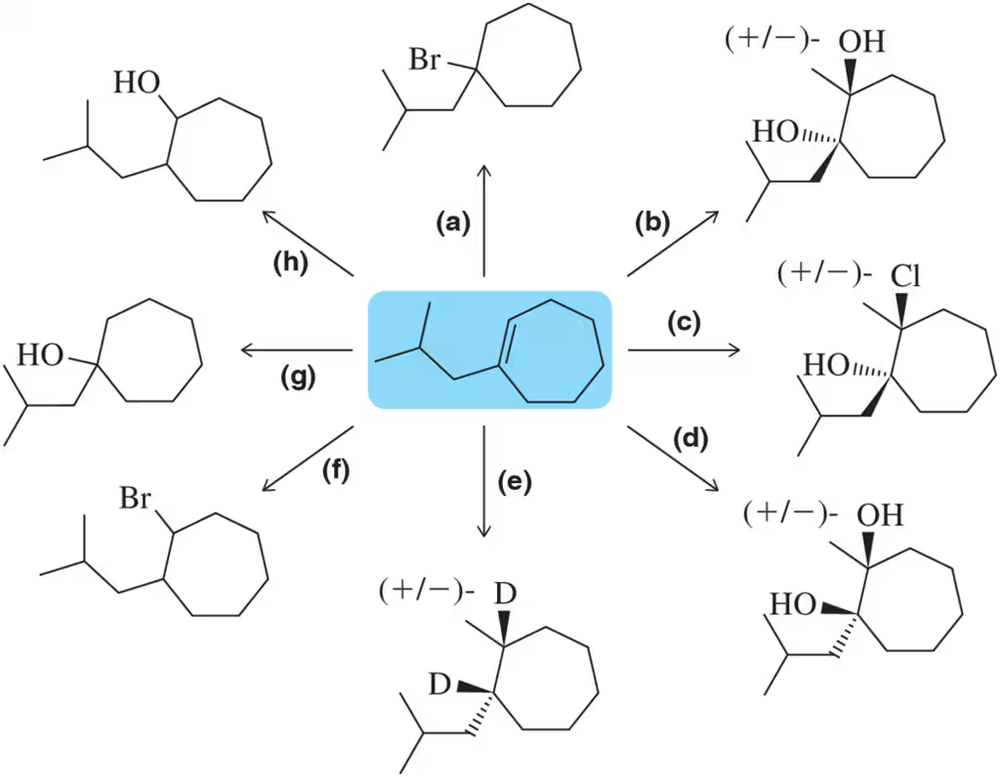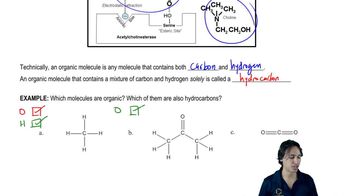Predict the product(s) that would result when the alkenes are allowed to react under the following conditions: (ix) H2, Pd/C;
(h)

 Verified step by step guidance
Verified step by step guidance Verified video answer for a similar problem:
Verified video answer for a similar problem:



 5:21m
5:21mMaster General properties of catalytic hydrogenation. with a bite sized video explanation from Johnny
Start learning